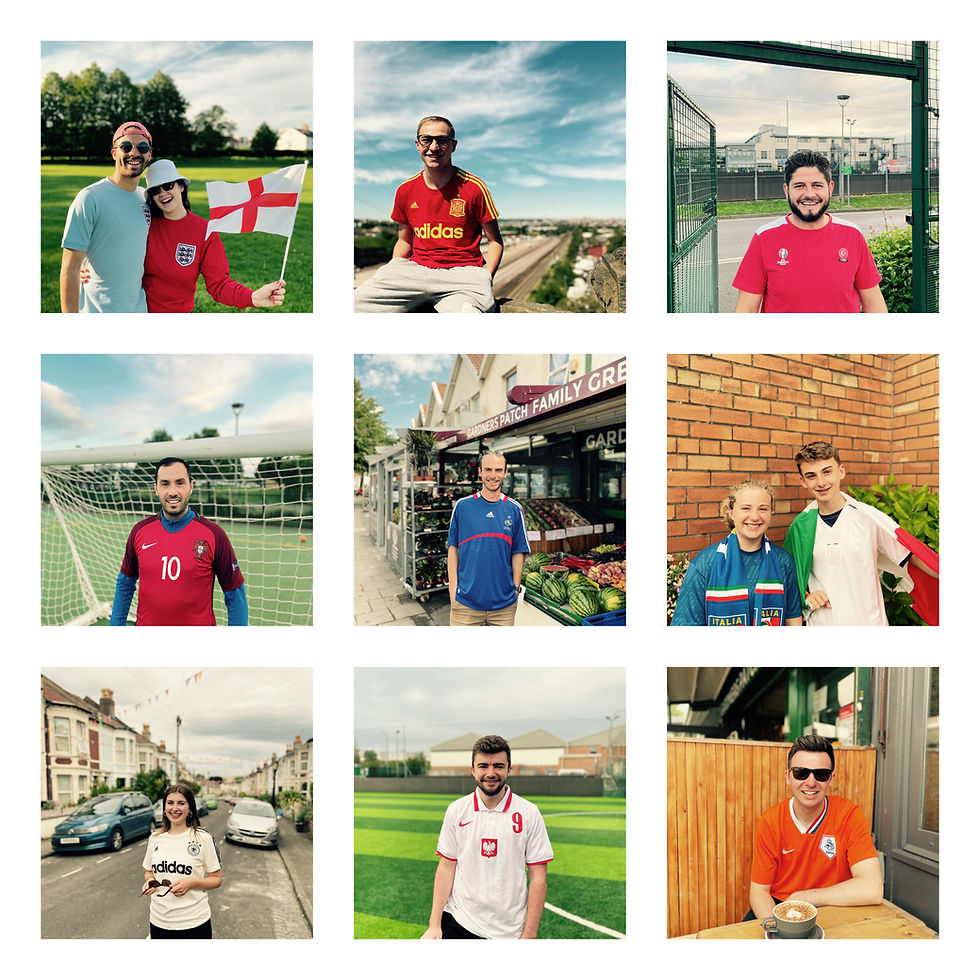The Rhino Cup - Interview with Director Myles Pizzey
- James Gamlin - Escapismo

- Jun 17, 2020
- 2 min read
We spoke to Myles Pizzey, director of the incredible documentary The Rhino Cup, about how football has helped to encourage young men not to become involved in rhino poaching in Africa.

James Gamlin: First of all, can you tell us a little bit about the film and the issues that it focuses on?
Myles Pizzey: The Rhino Cup follows the Wild and Free Foundation's unique approach to the rhino poaching crisis in southern Africa. Filmed over several years, it tells the poaching story in South Africa and closely focuses on an area in Mozambique (Sabie), where a large number of poachers come from. The WFF were asked if they could help with a football league in the region, to give the locals something positive. Boredom and idleness, as well as poverty, are big problems in the area and lead to the young men being lured into the financial gains of poaching. The football is changing this.
JG: The film is incredibly moving, what is the key message you would like people to take from it?
MP: The key message I would like people to take from the film is that people change their perception about the majority of poachers. There is a huge issue with corruption within the wildlife trade, as well as the increasing demand for rhino horn from various countries in Asia. The rural villages that surround Kruger national park are extremely poor, have little work and even less money. They are lured into risking their lives for a small yet life changing sum of money. The power of football is slowly changing mindsets and bringing positivity, uplifting the locals and giving some self-worth.
JG: This is an inspiring story of how football can be used as a positive vehicle for change, what do you think it is about the game that has enabled the movement of preventing youngsters from being lured into poaching?
MP: The Rhino Cup Champions league is giving the locals something to focus on, with training several times a week and a match on the weekend. In turn, it has brought the communities together, with large numbers gathering at the pitches and people selling food and drink to the fans. People have also got into the refereeing and admin side of the game, bringing extra jobs to the region. Through the league, poaching numbers and local crime are down.

Football is hugely popular in Mozambique, but there is little to no structure to the game outside of the major cities. TRC has implemented a premier league style system which is run with enthusiasm and passion. The league has helped foster competition, team spirit and togetherness to people from different villages that would rarely cross paths. A female league has also been set up, which is a huge positive for the young women. School drop-out numbers have been slashed, as well as teenage pregnancies. Through the football and the education provided, the people are learning that rhinos are beneficial to them alive, and not dead.
A special thanks to Myles and to Football Shorts, you can watch the documentary in full here
Photos by Football Shorts
@footieshortsorg















Thank you James Yes, football can be used as a positive vehicle for change. Learn more about change to save the rhino from the Wild and Free Foundation - https://www.wildandfreefoundation.org/